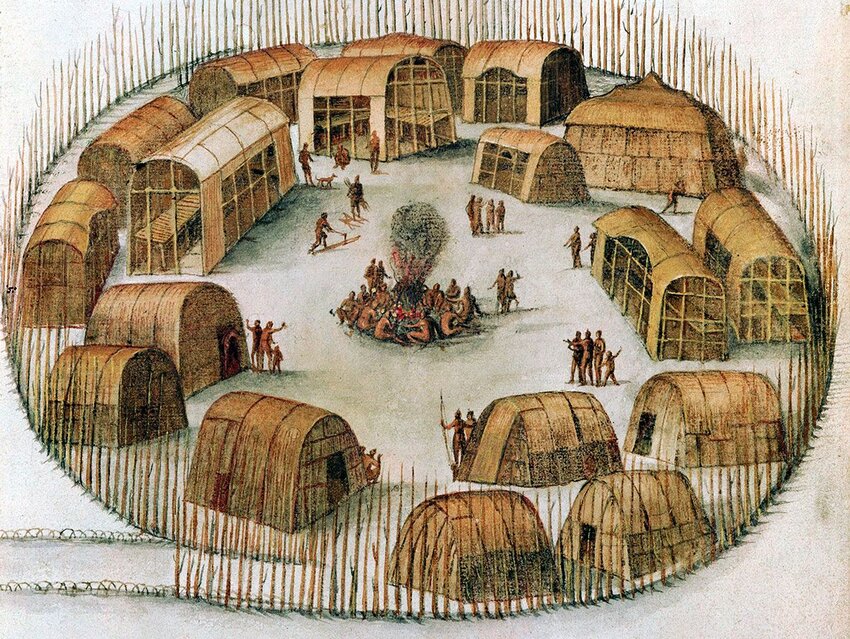From Denali National Park in Alaska to the Miami River in Florida, the words, traditions, and culture of Native American people have influenced the English language in amazing ways. The first inhabitants of North America spoke hundreds of rich and beautiful languages, many of which have sadly died out over the decades. However, these native languages have contributed several words to our everyday vernacular. From food such as corn, squash, pumpkins, peanuts, tomatoes, berries, avocados, and peppers, to objects like kayaks, toboggans, and hammocks, many terms unique to American English originated with the people who first discovered them. Here are just a few examples of English words adapted from indigenous languages.
Raccoon
These masked critters may look adorable but can be fierce when threatened. Perhaps that’s why raccoons were called arahkunem, which means “he scratches with the hands” in native Powhatan (a language spoken by indigenous people in what is now Virginia). Arahkunem was very hard for English speakers to pronounce, and it appeared as “raugroughcum” on an initial list of Powhatan words created by Captain John Smith around 1608. The “raccoon” spelling seems to have been adopted by the late 17th century.
Chocolate
It's hard to imagine a world without chocolate, but the English language has only had a name for this sweet treat since the 1600s. It comes from the native Nahuatl language (spoken in parts of Central Mexico since at least the seventh century). Because chocolate was originally prepared as a drink, the Nahuatl word cacahuatl means "cacao water” and would eventually inspire the rich and delicious delight we love today.
Toboggan
Ever enjoyed a ride down a snow-covered hill on a long, flat-bottomed sled? Then you used what First Nation people from what is now French Canada might have called a thapaken. The term came from the Maliseet or Mi’kmaq languages and referred to a drag made of animal skin.
Caucus
Around election time, we hear a lot about systems of voting, such as the caucus. First used in the United States back in the 1760s to mean a meeting of political party members, it may have been inspired by an even older term from the Algonquin language — caucauasu, which means a "counselor, elder or adviser."
Kayak
First used by hunters in subarctic areas, the word “kayak” comes from the Inuit people indigenous to Canada, Alaska, and Greenland. One of these early adventurers might have glided over the waves using a double-bladed paddle in a narrow boat they called a qayaq.
Bayou
The American South is famous for picturesque marshy lakes with slow-moving creeks and streams. The word for these unique wetland areas was adapted from the Choctaw term bayuk, meaning “small stream,” to eventually become the Louisiana French term bayouque.
Sasquatch
Also known as Bigfoot, folklore tells of massive, hairy creatures that stalk the forests of the United States and Canada. Perhaps, it’s fitting that the term “Sasquatch” originated with indigenous people living in the Pacific Northwest. The distinctive name comes from the Halkomelem word sésq̓əc, meaning “wild men.”
Woodchuck
How much wood would a woodchuck chuck? That tongue twister doesn’t sound all that different using the original Algonquian language. The native word used to describe this animal is wuchak, which comes from the Narragansett people who lived in what is now Rhode Island.
Featured image credit: UniversalImagesGroup/ Contributor/ Getty Images

